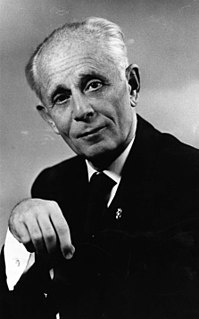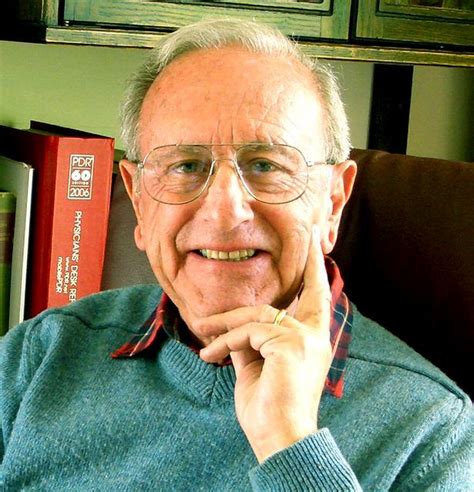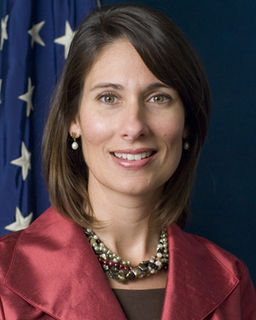A Quote by Henry Mintzberg
No generalizing beyond the data, no theory. No theory, no insight. And if no insight, why do research.
Related Quotes
Random search for data on ... off-chance is hardly scientific. A questionnaire on 'Intellectual Immoralities' was circulated by a well-known institution. 'Intellectual Immorality No. 4' read: 'Generalizing beyond one's data'. [Wilder Dwight] Bancroft asked whether it would not be more correct to word question no. 4 'Not generalizing beyond one's data.
In the first stage of insight-building, all that researchers can do is observe phenomena. Second, they classify the phenomena in a way that helps them simplify the apparent complexities of the world so they can ignore the meaningless differences and draw connections between the things that really seem to matter. Third, based on the classification system, they propose a theory. The theory is a statement of what causes what and why, and under what circumstances.
Disruptive technology is a theory. It says this will happen and this is why; it's a statement of cause and effect. In our teaching we have so exalted the virtues of data-driven decision making that in many ways we condemn managers only to be able to take action after the data is clear and the game is over. In many ways a good theory is more accurate than data. It allows you to see into the future more clearly.
The first proponent of cortical memory networks on a major scale was neither a neuroscientist nor a computer scientist but .. a Viennes economist: Friedrich von Hayek (1899-1992). A man of exceptionally broad knowledge and profound insight into the operation of complex systems, Hayek applied such insight with remarkable success to economics (Nobel Prize, 1974), sociology, political science, jurisprudence, evolutionary theory, psychology, and brain science (Hayek, 1952).
Creationists reject Darwin's theory of evolution on the grounds that it is "just a theory". This is a valid criticism: evolution is indeed merely "a theory", albeit one with ten billion times more credence than the theory of creationism - although, to be fair, the theory of creationism is more than just a theory. It's also a fairy story. And children love fairy stories, which is presumably why so many creationists are keen to have their whimsical gibberish taught in schools.
If the theory accurately predicts what they [scientists] see, it confirms that it's a good theory. If they see something that the theory didn't lead them to believe, that's what Thomas Kuhn calls an anomaly. The anomaly requires a revised theory - and you just keep going through the cycle, making a better theory.
If you have the insight of non-self, if you have the insight of impermanence, you should make that insight into a concentration that you keep alive throughout the day. Then what you say, what you think, and what you do will then be in the light of that wisdom and you will avoid making mistakes and creating suffering.
No theory ever benefited by the application of data, Amy. Data kills theories. A theory has no better time than when it's lying there naked, pure, unsullied by facts. Let's just keep it that way for a while." "So you don't really have a theory?" "Clueless." "You lying bag of fish heads." "I can fire you, you know. Even if Clay was the one that hired you, I'm not totally superfluous to this operation yet. I'm kind of in charge. I can fire you. Then how will you live?" "I'm not getting paid." "See, right there. Perfectly good concept ruined by the application of fact.
































